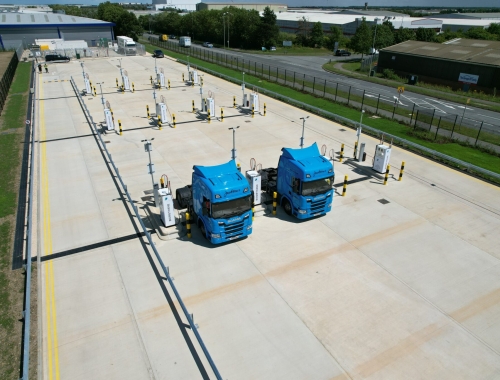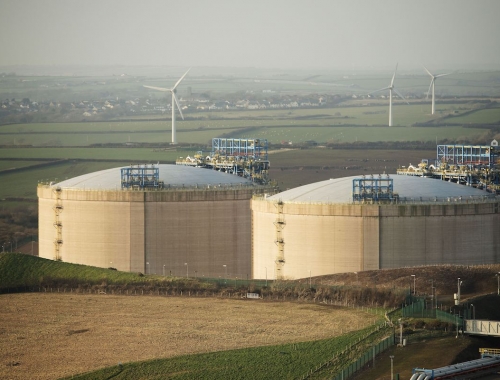Industry warns UK needs business models for hydrogen storage faster
SUMMARY
The NWHA called for the government's target for designing new business models for hydrogen storage to be brought forward by at least two years.
By Joseph MurphyPOSTED IN:
The UK government needs to accelerate efforts to form business models for hydrogen storage, industry group, the North West Hydrogen Alliance (NWHA) warned in a report published on August 16.
While the government is making good progress in implementing support mechanisms for hydrogen production, more focus is needed on mechanisms for hydrogen distribution and storage, the NWHA said. Last month the government published its Hydrogen Sector Development Action Plan, in which it pledged to design new business models for storage infrastructure by 2025.
"The industry group believes this is an insufficiently ambitious target that risk deterring timely investment in clean energy storage, which is vital for the UK to take control of its clean energy security, and is calling for it to be brought forward to at least 2023," the NWHA said.
Large-scale hydrogen storage capacity is vital for hydrogen to deliver as a tool for decarbonisation in the UK, the NWHA said. It will provide national energy security and resilience during the energy transition, help balance the energy system by releasing hydrogen when renewables out is low and storing it when output is high, minimise system costs by maximising the use of blue hydrogen production facilities, balance energy supply by meeting variable seasonal demand for hydrogen and support the blending of hydrogen in the gas distribution grid.
The NWHA's report estimates that 4 TWh of underground hydrogen storage would be needed to balance seasonal variation in demand for hydrogen for every 1mn UK homes, whether in salt caverns or depleted oil and gas reservoirs. Refining and petrochemicals group INEOS is notably working on a plan to store hydrogen in Cheshire salt caverns as part of the HyNet North West project.








